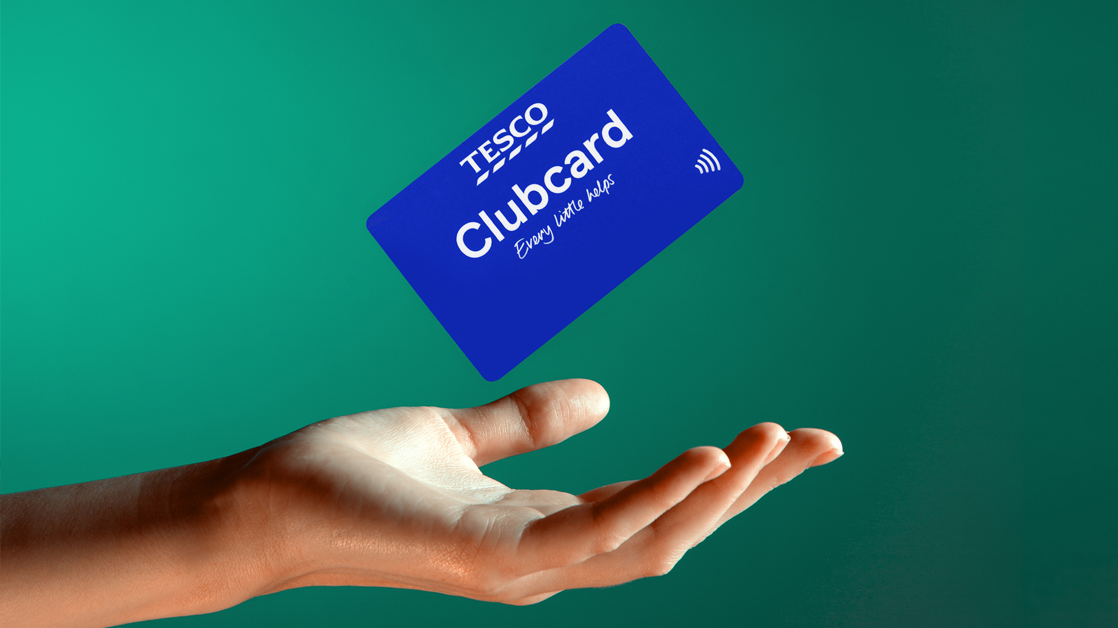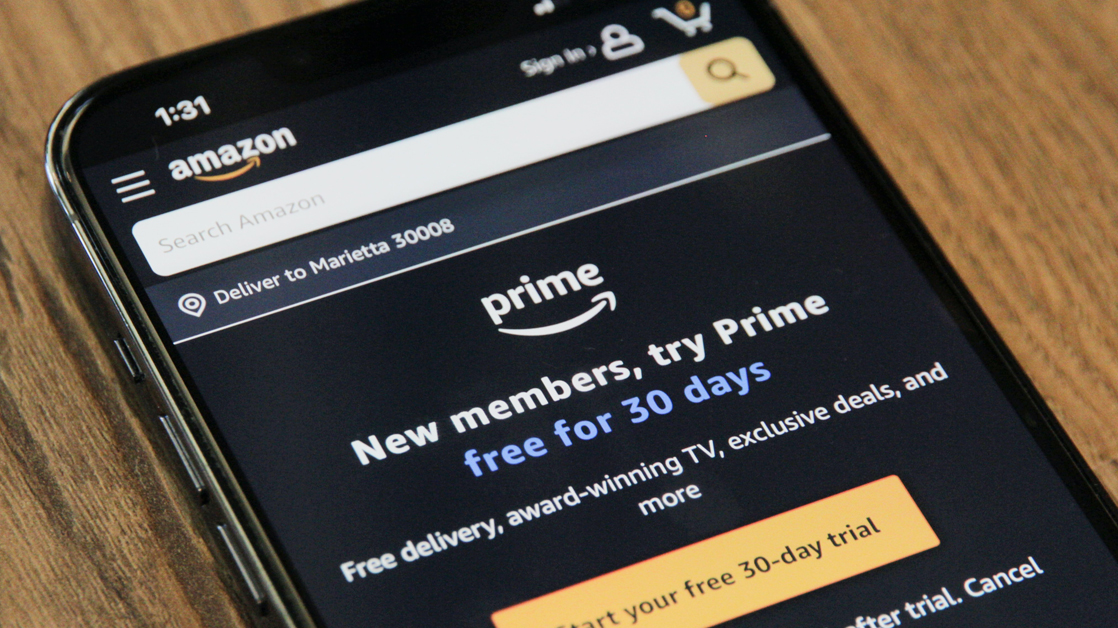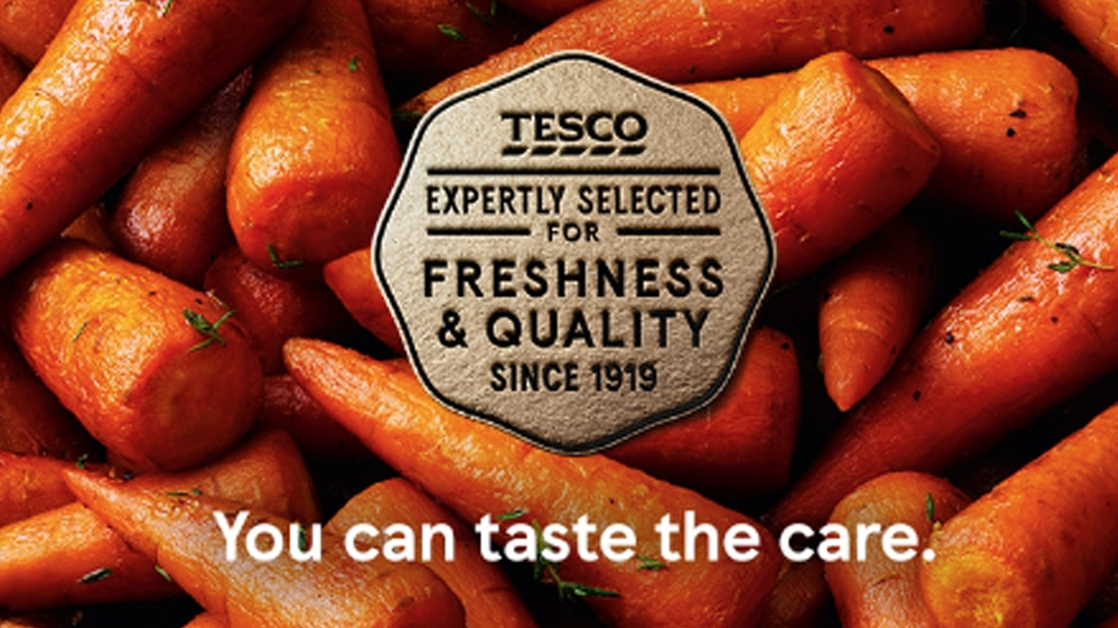Delivering Value Pays Off:
How to serve shoppers amidst the cost-of-living crisis
By Blackdog - 3 years ago

The relentless stream of bad news for the UK’s consumers and shoppers shows no sign of abating, with dire predictions around energy bills adding further misery to shoppers who are having to confront double-digit inflation every time they go grocery shopping. This has put retailers in a tricky position: trying to fend off any price increases from suppliers that they deem excessive, trying to manage their own bottom line, and trying to offer shoppers value amidst an era of unparalleled choice.
Offering A Helping Hand
As with the COVID-19 pandemic, there is much to admire about the approach from most food retailers as the cost-of-living crisis unfolds. A number of the big supermarkets have rolled out various iterations of ‘kids eat for free’ in their in-store cafés while at the same time extending their collaborations with charities and food banks to ensure that the most vulnerable in society can put food on the table.

Loyalty At The Forefront
Now that Asda has completed the nationwide introduction of its new Asda Rewards scheme, it’s only Aldi that remains as the big food retailer without a loyalty mechanism. Tesco continues to see ongoing success via its Clubcard Prices mechanic. Virtually all promotional prices (including its market-leading £3 meal deal) are now only available to Clubcard holders, which has seen Clubcard usage accelerate in its convenience estate as well as pushing penetration in its larger stores to a dizzying 86% of transactions. Families also really value the fact that Clubcard points can be used to enjoy experiences like restaurant meals or theme park visits that might otherwise be beyond their budgets.
Other retailers – Waitrose, Sainsbury’s, Co-op and Iceland – offer cardholder-only prices, while Asda is basing its new scheme around ‘pounds not points’ and offering extra cash rewards for buying particular products or completing ‘missions’. Sure, loyalty schemes aren’t a total game-changer for shoppers, but they do seem to be instrumental in making shoppers think twice before jumping ship.

Is Subscription The Way Forward?
Tesco now barely mentions its Clubcard Plus scheme, which offers members 10% off their groceries in-store twice a month for £7.99 a month, but it remains the case that other subscription or membership programmes, like Amazon Prime, a Costco membership or The Pret Coffee Subscription, have been successful ways to deliver value and encourage loyalty. Indeed, it might be fair to conclude that initiatives like the Pret deal have been too successful, swamping outlets and overburdening colleagues.
That said, getting customers to pay up front for discounts or added value services makes it much more likely that the retailer will be selected over others, and that inclination multiplied many times over can be transformative in terms of loyalty and commercial performance.

Value Is So Much More Than Price
One of our favourite quotes is from Sanchez Romero, the renowned premium grocer in Madrid. Famous for its ambitious pricing, the retailer once remarked that
“There is a difference between price and value. The issue is that we work with a higher value product, which is why it is not more expensive, it is just worth more.”
This is worth remembering. Supermarkets will never be as cheap as discounters – they have a totally different operating model. It’s therefore vital that the supermarkets recognise that they can deliver value through other attributes, such as quality, variety, service and experience. It’s noteworthy that the fastest growing grocer aside from Aldi and Lidl at the moment is Marks & Spencer. They’ve sharpened prices and promotions, but they are also investing in stores, service and people too. Renewal stores like Clapham, Westfield White City, Sheffield and Bluewater are a total joy: M&S is delivering value by focusing on so much more than price.
Hopefully this will serve as inspiration for other retailers in the market who could be said to be downgrading in-store experience while trying to cost-cut their way to success. This has rarely been a winning strategy in the past: remaining more expensive while removing positive points of differentiation has seldom ended positively.
For more views on Captivating People in the retail world, subscribe to the Blackdog Bulletin or get in touch with us at hello@blackdog.agency